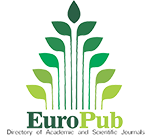Water quality assessment of streams and rivers for irrigation in Southern Continental Patagonia
DOI:
https://doi.org/10.48162/rev.39.149Keywords:
agriculture, hydrochemistry, hydrologyAbstract
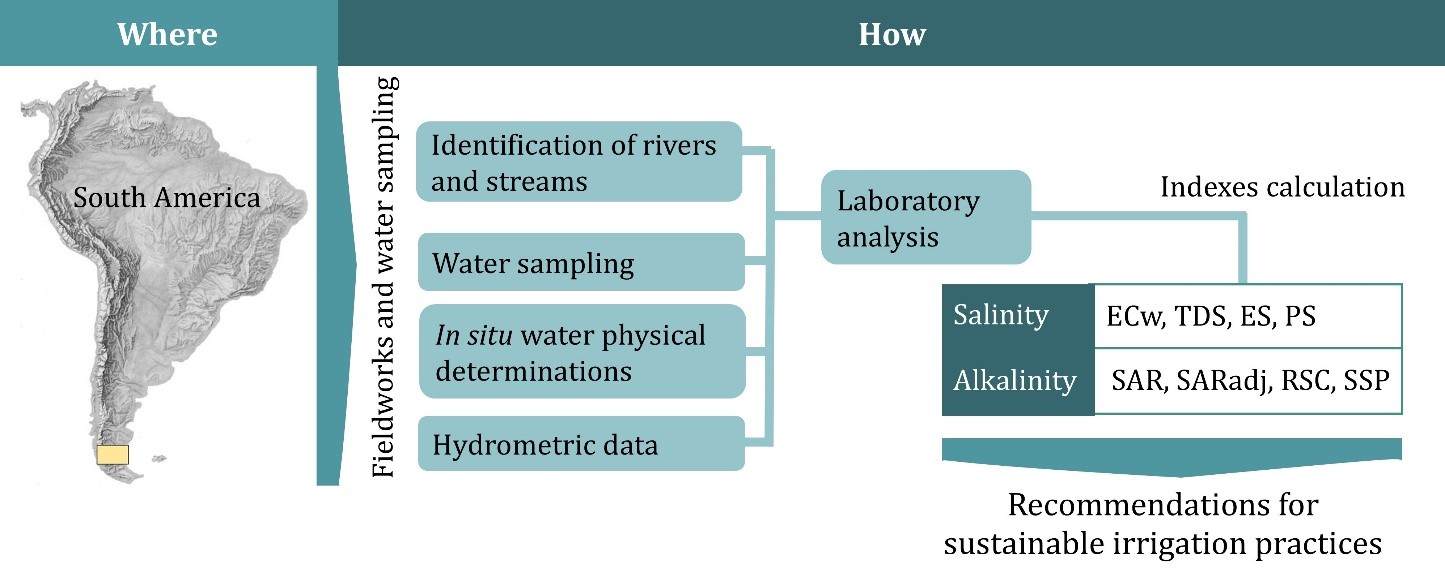
This work aimed to analyze and classify the suitability of freshwater sources for irrigation in three large hydrographic regions of Southern Continental Patagonia: Coyle, Serrano, and Gallegos. In these regions, there is a lack of information on the irrigation suitability of surface waters. For this, 74 surface water locations were sampled from 42 watercourses in Santa Cruz province and Magallanes region in Argentina and Chile, during dry and wet seasons between 2017 and 2019. The concentration of ions of agricultural interest was evaluated in the laboratory. The pH ranged between 6.1-9.5 with little seasonal variability. The prevailing ions were Ca2+ Mg2+ and HCO3-, while the lower cation concentration was K+. The Sodium Adsorption Ratio was 0.58 ± 0.21 during winter and 0.46 ± 0.15 in summer. Most waters in the region have electrical conductivity values below 250 µS/cm and may be categorized as low-salinity waters. We determined no significant hazards for crops, vegetables, and pasture production in terms of the combined salinity and sodicity indicators. However, a potential negative impact on soil structural stability mainly due to Na+ concentration must be considered for the implementation of suitable irrigation projects.
Highlights:
- Assessment of freshwater quality for irrigation in arid and semiarid environments of Southern Patagonia.
- Comparative interpretation of salinity and alkali hazards for crops and pasture irrigation and soil stability.
- The concentration of sodium in freshwater, although low, represents a significant risk for soil stability.
- Most rivers and streams have optimal quality for crops and pastures irrigation.
Downloads
References
Almonacid, L.; Pessacg, N.; Díaz, B. G.; Peri, P. L. 2023. Climate regionalization of Santa Cruz province, Argentina. Revista Atmósfera (UNAM). 37: 245-258. DOI: 10.20937/ATM.53166
ANZECC (Australian and New Zealand Environment and Conservation Council) & ARMCANZ (Agriculture and Resource Management Council of Australia and New Zealand). 2000. National Water Quality Management Strategy. Paper N°4. Australian and New Zealand guidelines for freshwater and marine water quality. Vol.1: 314p.
Ayers, R. S.; Westcot, D. W. 1985. Water quality for agriculture. FAO Irrigation and Drainage. 29: 186 p.
Ayesa, J.; Bran, D.; López, C.; Marcolín, A.; Barrios, D. 1999. Aplicación de la teledetección para la caracterización y clasificación utilitaria de valles y mallines. Rev. Arg. Producción Animal. 19: 133-138.
Carmona Crocco, J.; Greco, S.; Tapia, R.; Martinelli, M. 2020. Use of indicators as a tool to measure sustainability in agroecosystems of arid land, San Juan, Argentina. Revista de la Facultad de Ciencias Agrarias. Universidad Nacional de Cuyo. Mendoza. Argentina. 52(1): 190-209.
Diaz, B. G.; Giménez, M.; Almonacid, L. R.; Gaspari, F.; Bertinat, M.; Peri, P. L. 2021. Delineación y codificación de cuencas hidrográficas en la Patagonia Austral. Boletín Geográfico. 43(2): 51-69.
Dirección General de Aguas. 2020. Estadística hidrológica en línea. MOP. Chile. https://dga.mop.gob.cl/servicioshidrometeorologicos/Paginas/default.aspx (accessed 05 April 2022).
Eaton, F. M. 1950. Significance of carbonates in irrigation water. Soil Science. 69(2): 123-133.
FAO. 2015a. Estudio del potencial de ampliación del riego en Argentina. Proyecto UTF/ARG/017/ARG Desarrollo Institucional para la Inversión. Buenos Aires. Argentina. 136p.
FAO. 2015b. Regional assessment of soil changes in Latin America and the Caribbean. In: Status of the world’s soil resources. Food and Agriculture Organization of the United Nations and Intergovernmental Technical Panel on Soils. Rome. Italy. 650 p.
Feitz, A. J.; Lundie, S. 2002. Soil salinization: A local life cycle assessment impact category. Int. J.LCA. 7(4): 244-249. DOI: 10.1065/Ica2002.06.084
Guida-Johnson, B.; Abraham, E. M.; Cony, M. A. 2017. Salinización del suelo en tierras secas irrigadas: perspectivas de restauración en Cuyo, Argentina. Revista de la Facultad de Ciencias Agrarias. Universidad Nacional de Cuyo. Mendoza. Argentina. 49(1): 205-215.
Jowett, I. 2020. Considerations of stream size in determining minimum flows and water allocation limits in Taranaki rivers. Taranaki Regional Council. New Zealand. 37p.
Lesch, S. M.; Suárez, D. L. 2009. A short note on calculating the adjusted SAR index. American Society of Agricultural and Biological Engineers. 52(2): 493-496.
Malakar, A.; Snow, D. D.; Ray, C. 2019. Irrigation water quality-A contemporary perspective. Water. 11(7): 1-24. DOI: 10.3390/w11071482
Marín, M. L. G.; Gómez, B. C.; Aragón, R. P. 2002. Análisis químico de suelos y aguas. Manual de Laboratorio. Editorial Universitat Politècnica de València. Valencia. España. 168 p.
Meybeck, M. 2003. Global occurrence of major elements in rivers. In: Treatise on Geochemistry. 5: 207-223. DOI: 10.1016/B0-08-043751-6/05164-1
Mosley, M. P.; Rowe, L. K. 1981. Low flow water chemistry in forested and pasture catchments, Mawheraiti River. Westland. New Zealand J. of Marine and Freshwater Research. 15: 307-320. DOI: 10.1080/00288330.1981.9515926
Qadir, M.; Sposito, G.; Smith, C. J.; Oster, J. D. 2021. Reassessing irrigation water quality guidelines for sodicity hazard. Agricultural Water Management. 255. DOI: 10.1016/j.agwat.2021.107054
Palacios, O. V.; Aceves Navarro, E. 1970. Instructivo para el muestreo, registro de datos e interpretación de la calidad del agua para riego agrícola. Escuela Nacional de Agricultura (Ed.). Chapingo. México. 54 p.
Piper, A. M. 1944. A graphic procedure in the geochemical interpretation of water-analysis. EOS Transactions American Geophysical Union. 25: 914-928. DOI: 10.1029/TR025i006p00914
Sarker, B. C.; Michihiro, H.; Zaman, M. W. 2000. Suitability assessment of natural water in relation to irrigation and soil properties. Soil Science and Plant Nutrition. 46(4): 773-786. DOI: 10.1080/00380768.2000.10409143
Svec, J. R.; Kolka, R. K.; Stringer, J. W. 2005. Defining perennial, intermittent, and ephemeral channels in Eastern Kentucky: Application to forestry best management practices. Forest Ecology and Management. 214(1-3): 170-182. DOI: 10.1016/j.foreco.2005.04.008
Uitto, J. I. 2001. Global freshwater resources. In: World forests, markets, and policies. Palo M.; Uusivuori, J.; Mery G. (Ed.), Kluwer Academic: 65-76. DOI: 10.1007/978-94-010-0664-4_3
USDA. 1954. Diagnosis and improvement of saline and alkali in soils. Agriculture Handbook N° 60. US Salinity Lab. L.A. Richards (Ed.). 172p.
USGS. 2006. Collection of water samples (v2.0). In: National field manual for the collection of water-quality data. Techniques of Water Resources Investigations. Book 9. Virginia. USA. 231p.
Walczak, A. 2021. The use of world water resources in the irrigation of field cultivations. J. of Ecological Engineering. 22(4): 186-206. DOI: 10.12911/22998993/134078
Weiner, R. E. 2013. Applications of environmental aquatic chemistry: A practical guide. CRC Press. Taylor and Francis Group (Ed.). 3° Ed. 612p.
Wilcox, L. V.; Blair, G. Y.; Bower, C. A. 1954. Effect of bicarbonate on suitability of water for irrigation. Soil Sci. 77(4): 259-266.
Wilcox, L. V. 1955. Classification and use of irrigation waters. USDA N° 969. Washington. USA. 21p.
Zaman, M.; Shaid, S. A.; Heng, L. 2018. Irrigation water quality. In: Guideline for Salinity Assessment. Mitigation and Adaptation Using Nuclear and Related Techniques. Springer (Ed.): 113-131. DOI: 10.1007/978-3-319-96190-3_5
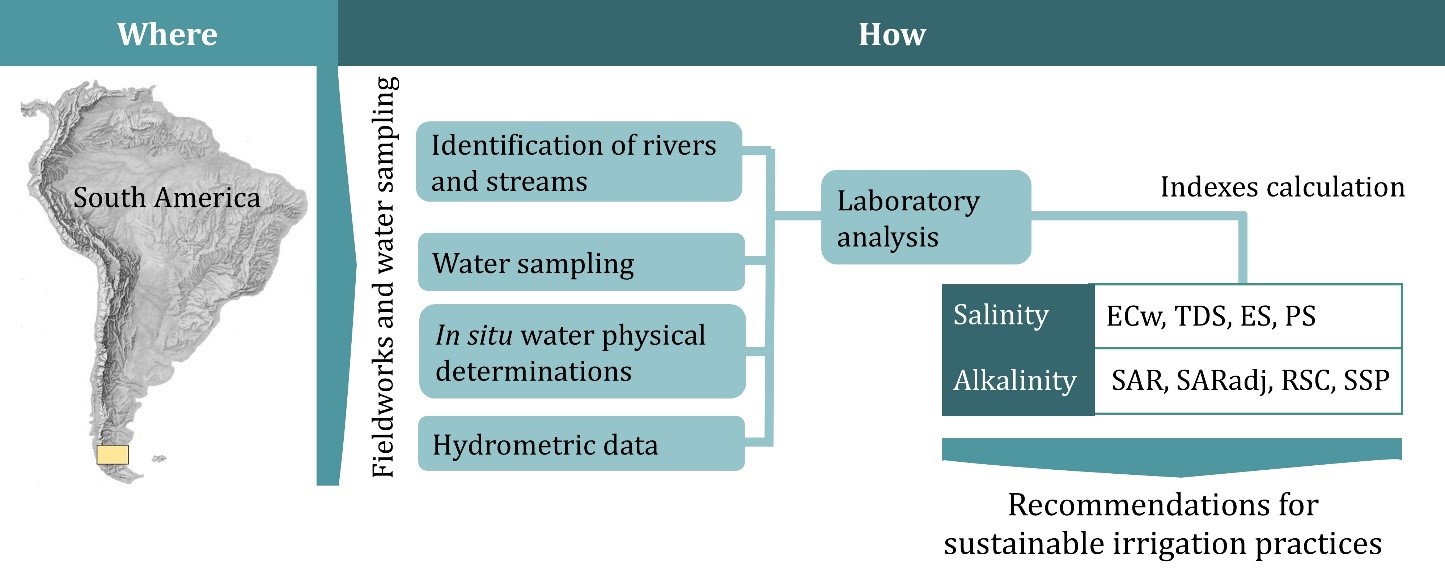
Published
How to Cite
Issue
Section
License
Copyright (c) 2018 Revista de la Facultad de Ciencias Agrarias UNCuyo

This work is licensed under a Creative Commons Attribution-NonCommercial-ShareAlike 3.0 Unported License.
Aquellos autores/as que tengan publicaciones con esta revista, aceptan las Políticas Editoriales.



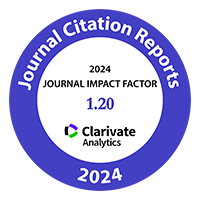

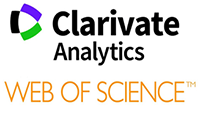


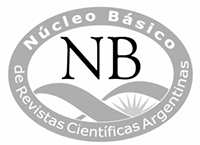


.jpg)
